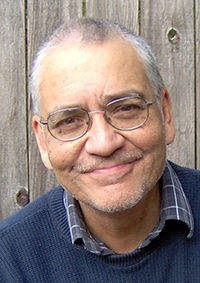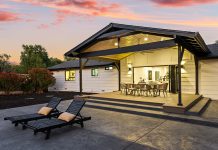The 12-hour plane ride to China was doable, customs a breeze, arriving a day early and no one expecting us at the hotel – that was a surprise.
But China is now a capitalist state. Three years after the death of Mao, in 1976, the new Chinese leader at the time, Deng Xiaoping, called for the modernization of all things China. Capitalism in China exploded. So, we handled the “no hotel room reservation” with the usual capitalistic response, we gave them a credit card and all was good.
First and foremost, China is a first world country like any other you may have visited. The airplanes are modern and comfortable as are the high-speed trains. In most public places – especially anywhere a tourist might be – signage is in Chinese and English. In the cities the accommodations are first class with all the modern conveniences including sit down toilets, not the norm throughout the rest of the country where squatting is the accepted position.
We never felt threatened or unsafe and we took walks at night. We saw no beggars or homeless. And the police, who wore no firearms, were extremely helpful. The hotel staff would remind us as we were leaving to go out and about, “If you get lost, just ask a policeman. They will help you get back.”
The people were interesting. They were all sizes, shapes and shades. And fashion, all western dress, runs the spectrum from high culture to discount store: Teens wore graphic T-shirts and skinny jeans; adults dressed like they shop at the mall. When I looked at large group of people from the neck down I could have been in Kansas or Minnesota.
As far as we could tell, all city dwellers live in large apartment complexes. We saw no single family or townhouse type situations.
The people we interacted with were not friendly but always helpful. When it was noticed we needed language help someone nearby would step forward to help us. But we noticed that people passing in the street did not exchange small talk. The clerk in the store did not do the perfunctory American chit-chat. The Chinese live behind a mask. I believe it is in part cultural and part protection. The few times we were able to get beyond the mask the people were warm and open.
We never talked politics. The government has a tight grip and at one point shut down the internet. The closest we came to a political discussion was with some Chinese travelers. We asked them about the Ghost Cities. Everywhere we went in China we saw these large apartment building shells. The exterior was finished, but without windows or doors, and the interiors seemed completely empty. One theory is that these Ghost Cities are make-work projects, to keep the Gross National Product pumped up. The other theory is that the buildings are there in anticipation of growth, which is also a very viable possibility.
The food was awesome. With limited refrigeration all the food has to be fresh. Farm to table is no new concept in China. When we had seafood, the fish or shrimp was swimming in a tank of water before we ordered it.
Driving is crazy: Four lane traffic on two lane roads; no stop signs or stop lights, if you want to turn left you must turn into oncoming traffic and hope someone slows enough for you to work through.
We had a great trip. The thing I will remember the most is that for the first time in my life I was going to bed excited for the next morning. Each day was an adventure.
Gabriel A. Fraire and his wife, Karen, are still excited about their trip and would be glad to help anyone else thinking of going – just email questions. They have also written a book about their China experience, China 2016. Copies available on Amazon or for autographed copies contact the authors at ga******@*****st.net.









